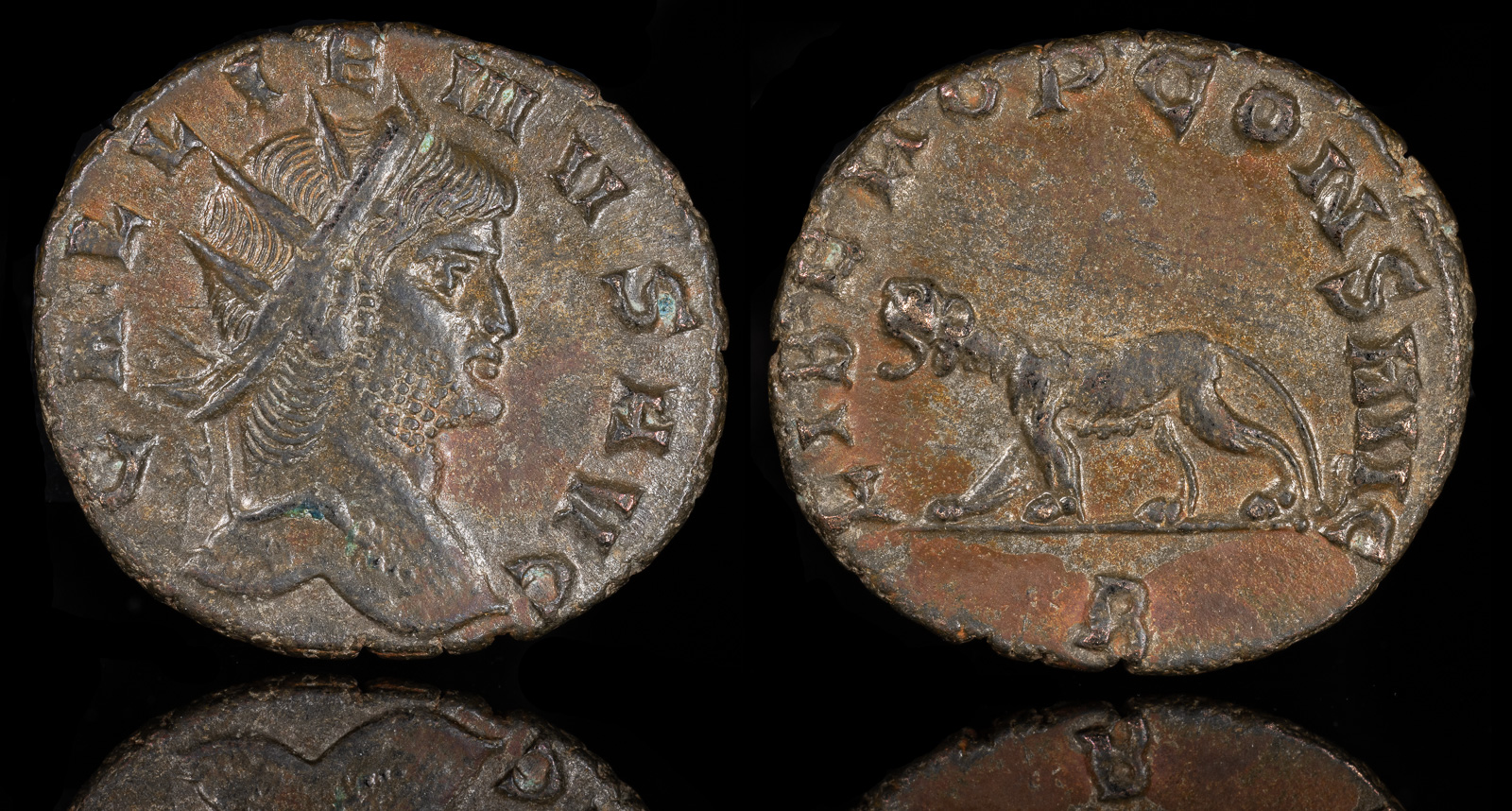Panther
View All Tags
The panther’s wild, untamed nature perfectly mirrored the ecstatic, uninhibited state that Dionysos inspired in his followers. Just as the panther roams freely through the forests, representing a spirit of liberty and primal energy, so too does Dionysos evoke a sense of abandon and liberation in those who worship him. The god’s followers, often depicted as maenads and satyrs, would engage in frenzied dances and celebrations, invoking a state of rapture akin to the panther’s natural wildness. The panther, in this sense, became an embodiment of the god’s transformative power to release both the bestial and divine aspects of human nature.
The panther was often shown as one of Dionysos’ animal companions, along with other creatures such as the lion and the tiger, which emphasized the god’s association with the untamed forces of the world. In mythological stories, Dionysos was frequently depicted riding or leading a panther, signifying his control over the animal world and his command of the natural forces that could be both beautiful and destructive. The image of Dionysos with a panther represented the god’s duality—his ability to bring both chaos and harmony, destruction and creation.
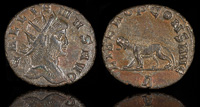
Gallienus 260-268 CE
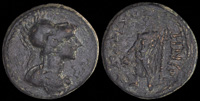
Kadoi, Phrygia 1st century BCE
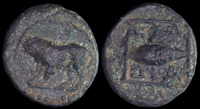
Kardia, Thrace 350-309 BCE

Koinon of Macedon 238-244 CE
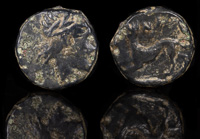
Nasos, Aeolis 3rd-2nd cent BCE
